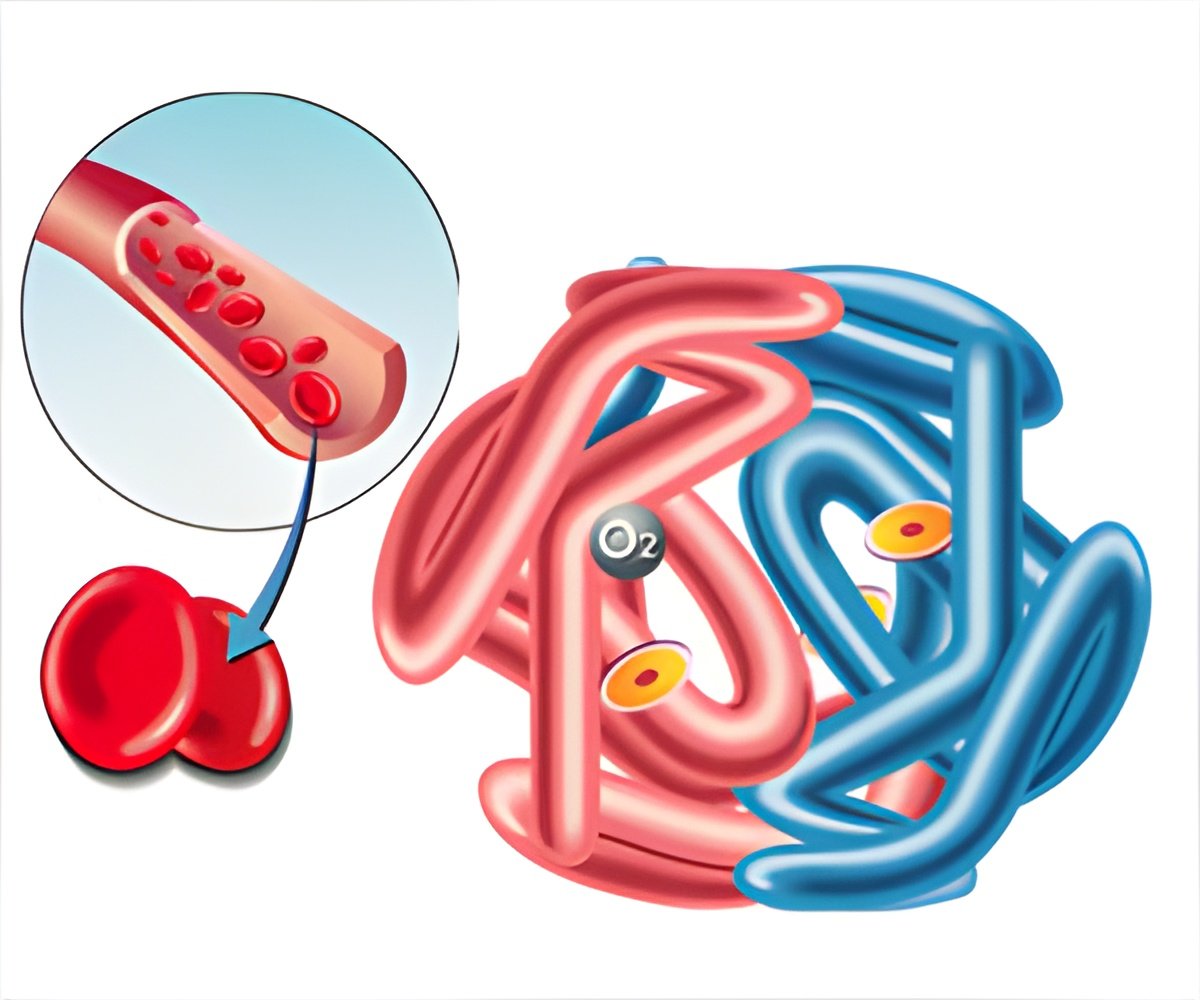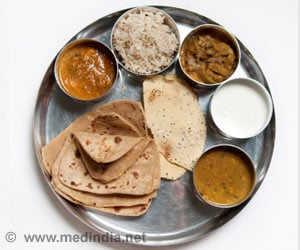Sickle cell anemia is a hereditary blood disorder, characterized by an abnormality in the oxygen-carrying hemoglobin molecule in red blood cells.

Maharashtra fares poorly in this regard. Patients depend on tertiary care hospitals for treatment and management of the disease as the primary health centers, rural hospitals and even district hospitals in the state do not provide much.
"Primary health is a secondary issue for the authorities. The benefits of most schemes don't trickle down to the lowest levels at all. When it comes to sickle cell disease, even patients in Nagpur don't have many facilities. A huge number of people suffering from sickle cell disease (SCD) are from rural areas. They are even more helpless, as they cannot afford to run to Mumbai for every little episode or flare up of the condition, which is pretty common," said Sampat Ramteke, President of NGO Sickle Cell Society of India (SCSI).
The situation is so bad that there is just one government-run center in the entire state that conducts a prenatal test for detection of SCD. This center, National Institute of Immuno-haematology at KEM Hospital of Mumbai, is run by Indian Council of Medical Research (ICMR), and not by the state government.
"Conducting prenatal tests is the easiest way to eradicate the disease. There should be more government-run centers as private centers are too expensive for the economically backward classes. Traveling to bigger cities to consult doctors at higher centers is an expensive affair. We often have parents who decide to stop treatment and leave the children to their fate due to lack of funds," said Sanjeevani Satpute, district sickle cell counselor.
Source-Medindia















